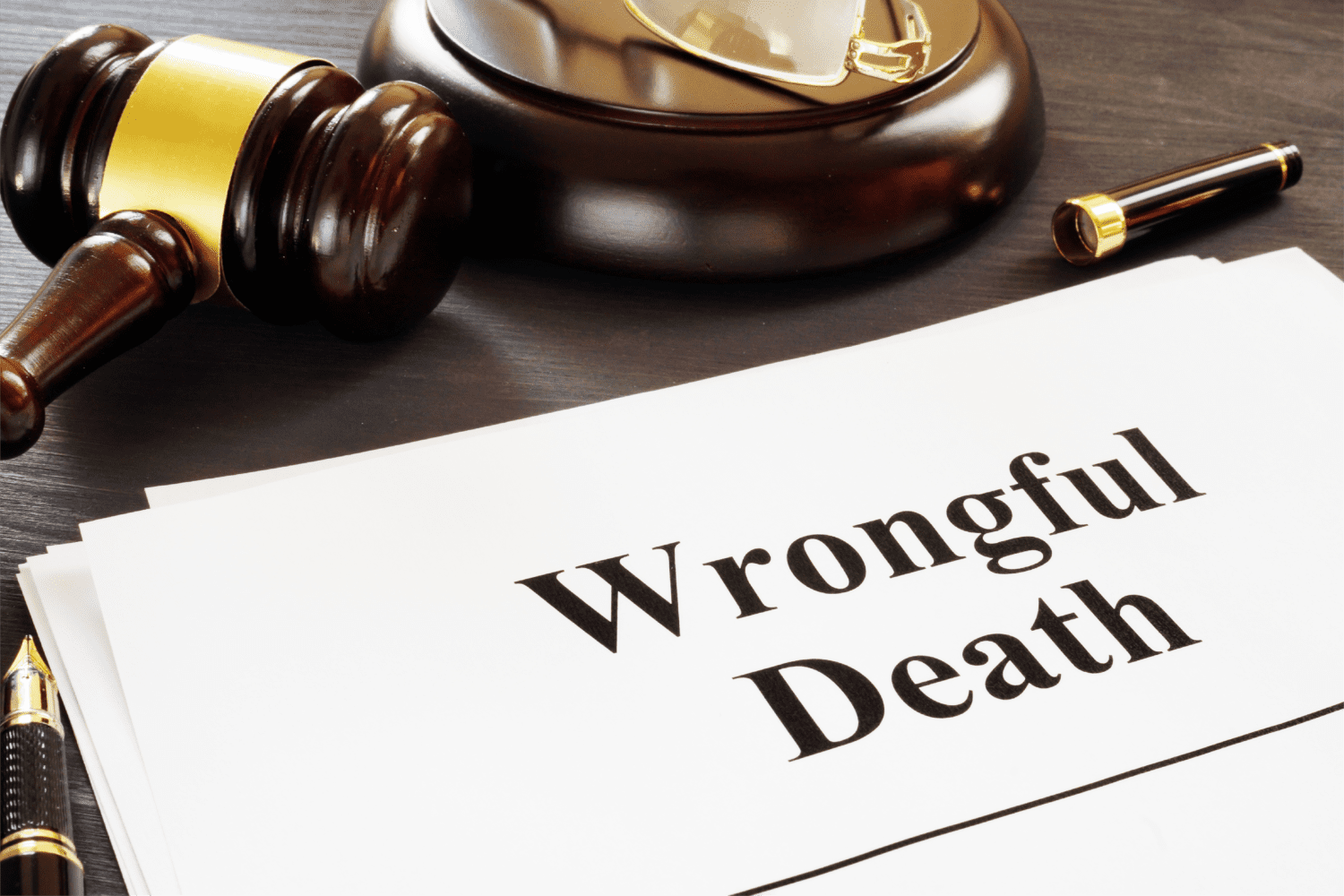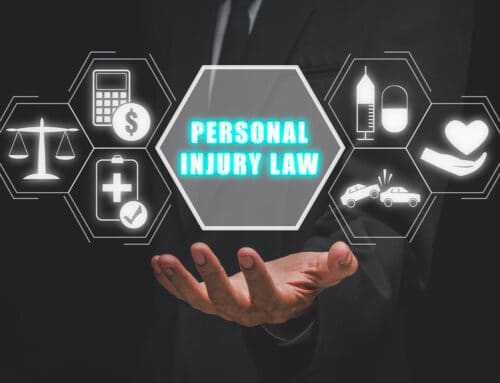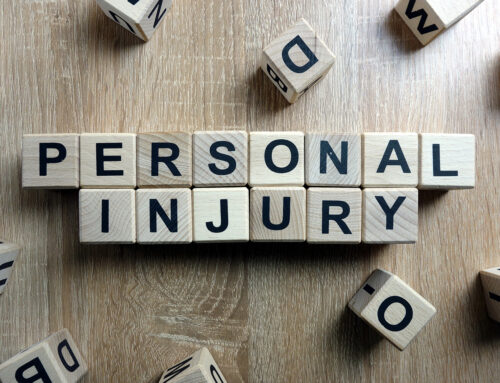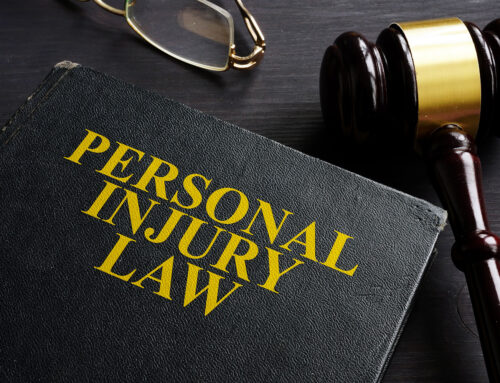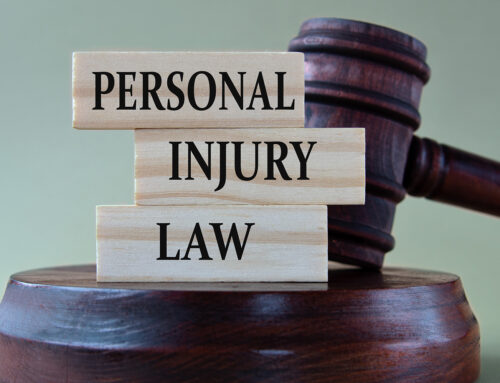Whenever someone has to grapple with the shock and grief of an unexpected wrongful death, the anguish and emotional pain are overwhelming. How can anyone translate that emotional trauma into some kind of monetary damage? At the same time, very real bills may begin arriving for final emergency room efforts, funeral costs, or living expenses usually covered by wages earned by the deceased.
When the last thing you want to think about is a wrongful death suit, providing for family members or simply making sure you have a place to rest your head at night may demand that practical matters take priority. So here are a few questions that those left behind frequently ask after a wrongful death claims someone they love and depend on.
What Is Considered a Wrongful Death Under California Law?
When someone dies due to another person’s negligence or intent to harm, the State of California recognizes this as wrongful death. It could derive from various causes, such as a vehicle driver hitting a pedestrian, a defective product causing electrocution, a fall from an unsafe amusement park ride, an error made during surgery, or any other negligent act. Wrongful death could also result from a crime such as arson or physical assault.
Who Can Initiate a Wrongful Death Suit in California?
The California Code of Civil Procedure outlines who can file a wrongful death suit:
- A spouse who survives the deceased or a registered domestic partner of the deceased
- Surviving children of the deceased
- Surviving children of any non-surviving child of the deceased
If none of the above applies, the law states that anyone who would be considered an heir if the deceased did not have a will would be entitled to file a wrongful death lawsuit.
Can More Than One Person File a Wrongful Death Suit Against the Defendant?
According to the one-action rule found in the California Code of Civil Procedure, only one lawsuit can be filed against the defendant in a wrongful death action. All heirs eligible by law to file a suit must do so together. This rule helps avoid legal complications resulting from multiple heirs filing suits in different courts.
The one-action rule applies to the actual filing of a wrongful death lawsuit. Since insurance companies are often involved in wrongful death, more than one individual heir may file a claim with the insurance company. However, if the insurance company rejects the claims, the heirs need to sue the insurance company together.
What Damages Can You Seek in a Wrongful Death Lawsuit?
Two types of damages may be awarded in a wrongful death lawsuit. Dollar and cents damages that can be calculated might include final medical bills, funeral expenses, lost future wages and services the deceased would have provided to the household. Other damages, such as the loss of companionship, intimacy, care and advice, are harder to determine in financial terms. Still, the court or jury must calculate these with such considerations as the health and expected lifespan of the deceased in mind.
How Much Time Do You Have To File a Wrongful Death Suit in California?
The statute of limitations for a wrongful death lawsuit in California is two years from the date of the death. While this may seem like plenty of time to take action, especially when you have so much on your mind, it is vital to learn about the facts while witnesses are available and to evaluate all the options to provide for the family members of the deceased.
How Is a Wrongful Death Civil Suit Different From a Criminal Action?
When a district attorney brings a criminal complaint against an individual accused of causing the death of another person, the charges seek to prove a crime has been committed, such as manslaughter or homicide. A conviction results in suitable punishment, including imprisonment to protect the public interest. In California, the State needs to prove criminal guilt “beyond a reasonable doubt.”
In a civil wrongful death suit, however, the goal is to prove the defendant caused the death of another person through negligence or intent and award damages to the family of the victim for lost wages, funeral expenses or companionship. In a civil suit, California requires a “preponderance of the evidence” to prove guilt, which is a lower standard of proof than criminal law.
Legal Assistance for Wrongful Death Cases Requires Knowledge and Experience
Taking legal action for wrongful death in California is a complex and painstaking endeavor. Any wrongful death lawsuit must be filed against the right party and include all the heirs involved. Time and preparation are necessary to locate and interview witnesses, uncover facts and determine who has a right to be included in any legal action.
At the Law Offices of Brent D. George, we understand that nothing can ever replace your loved one, but we also know that legal action is sometimes needed to provide for the family of the wrongful death victim. Contact us anytime for a free consultation to review your case and learn the options available to you.

